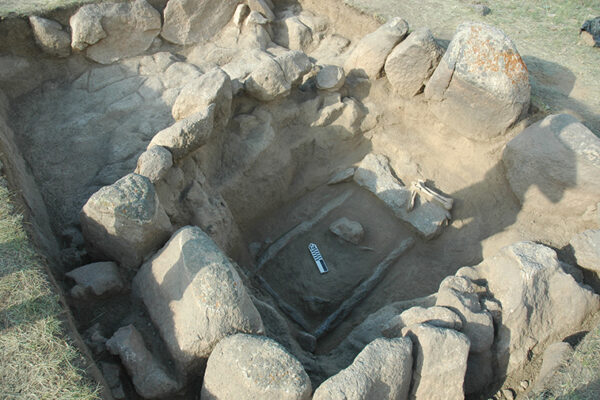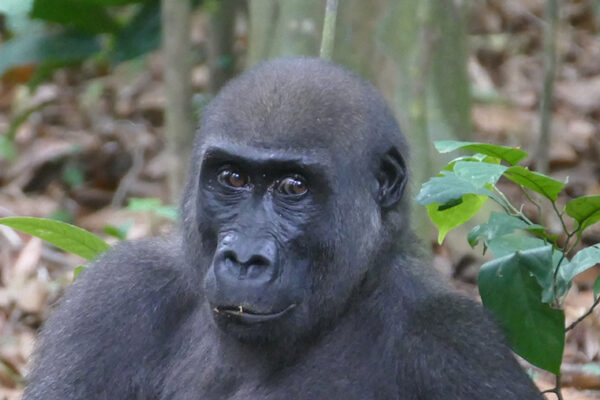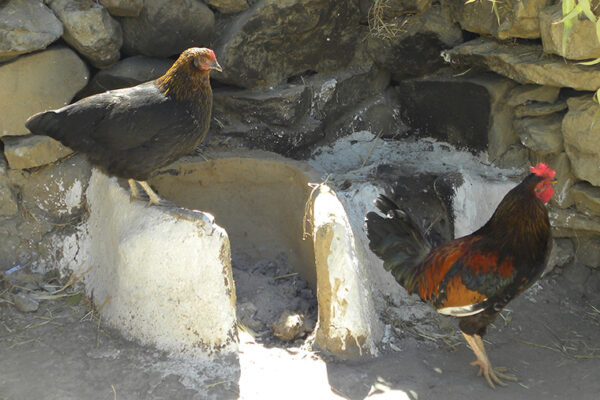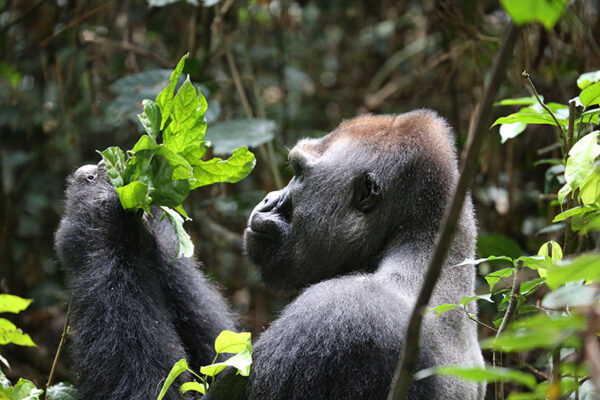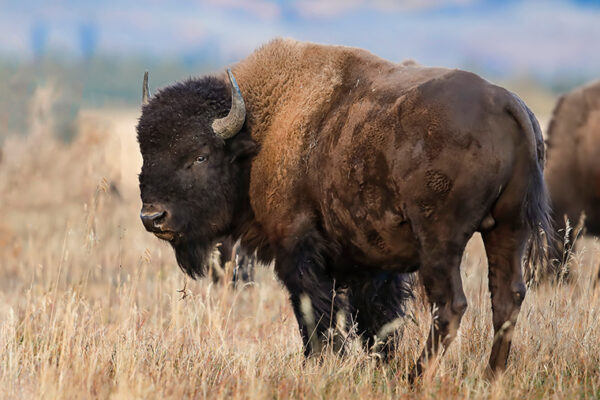Ancient DNA study tracks formation of populations across Central Asia
Ethically sourced and informed by archaeology, an ambitious new study reports genome-wide DNA information from 523 ancient humans collected at archaeological sites across the Near East and Central and South Asia. Washington University in St. Louis brought key partners together to generate the world’s largest study of ancient DNA, published this week in the journal Science.
Time to retire the ‘pristine myth’ of climate change
Anthropologist T.R. Kidder in Arts & Sciences contributed to one of the first “big data” studies in archaeology to tackle broader questions of how humans have reshaped landscapes, ecosystems and potentially climate over millennia. The analysis published Aug. 30 in the journal Science challenges conventional ideas that man’s impact has been “mostly recent.”
Investigative journalist casts critical eye on industry influence, pesticide science
Investigative journalist Carey Gillam will deliver the first talk of the fall 2019 Agri-Food Workshop lecture series, “Monsanto Trials and Monsanto Papers,” casting a critical eye on industry influence and pesticide science, Aug. 30.
Sometimes you feel like a nut
A long-term study of western gorillas in Gabon has revealed an unexpected behavior: they use their teeth to crack open and eat nuts. New research by Adam van Casteren, lecturer in biological anthropology in Arts & Sciences, may have important implications for the way researchers predict the diet of human ancestors based on the shape of their teeth.
Long live the long-limbed African chicken
A new study reveals much about the history of African poultry development, according to Helina S. Woldekiros, assistant professor of anthropology in Arts & Sciences. But a 3,000-year-old local breed type is threatened by the introduction of commercial cluckers.
Northern Congo declining under logging pressure
Logging road construction in Western Equatorial Africa has accelerated over the last two decades and has led to a dramatic decline of intact forest lands in the region, according to new research published by Crickette Sanz, associate professor of biological anthropology in Arts & Sciences. Increased human immigration and degradation of natural resources follows in the wake of such road expansion.
Sanz recognized with Women-in-Primatology award
Crickette Sanz, associate professor of biological anthropology in Arts & Sciences at Washington University in St. Louis, received the 2019 Ai’s Scarf Award, otherwise known as the Women-in-Primatology Award. The honor was announced in Kyoto, Japan, in advance of World Chimpanzee Day July 14, a celebration of “our closest cousin in the animal kingdom.”
Bison overlooked in domestication of grain crops
As ecosystem engineers, bison have been hiding in plain sight for the past 40 years, since archaeologists first discovered that several native plants were domesticated in eastern North America. New research by Natalie Mueller, assistant professor of anthropology in Arts & Sciences, explains the connection, published July 8 in Nature Plants.
Anthropology’s Alyanak named Volkswagen postdoctoral fellow
Oguz Alyanak, an anthropology doctoral student in Arts & Sciences, has been selected for a Volkswagen Foundation Postdoctoral Fellowship in the Humanities to support his research on the social lives of working-class Muslim men in Germany, France and other European countries.
Rasmussen’s posthumous publication solves ancient monkey mystery
Nearly five years after his death, colleagues of Washington University in St. Louis anthropologist David “Tab” Rasmussen are recognizing his contributions by listing him as first author on a primate evolution paper published March 26 in the Proceedings of the National Academy of Sciences.
View More Stories
